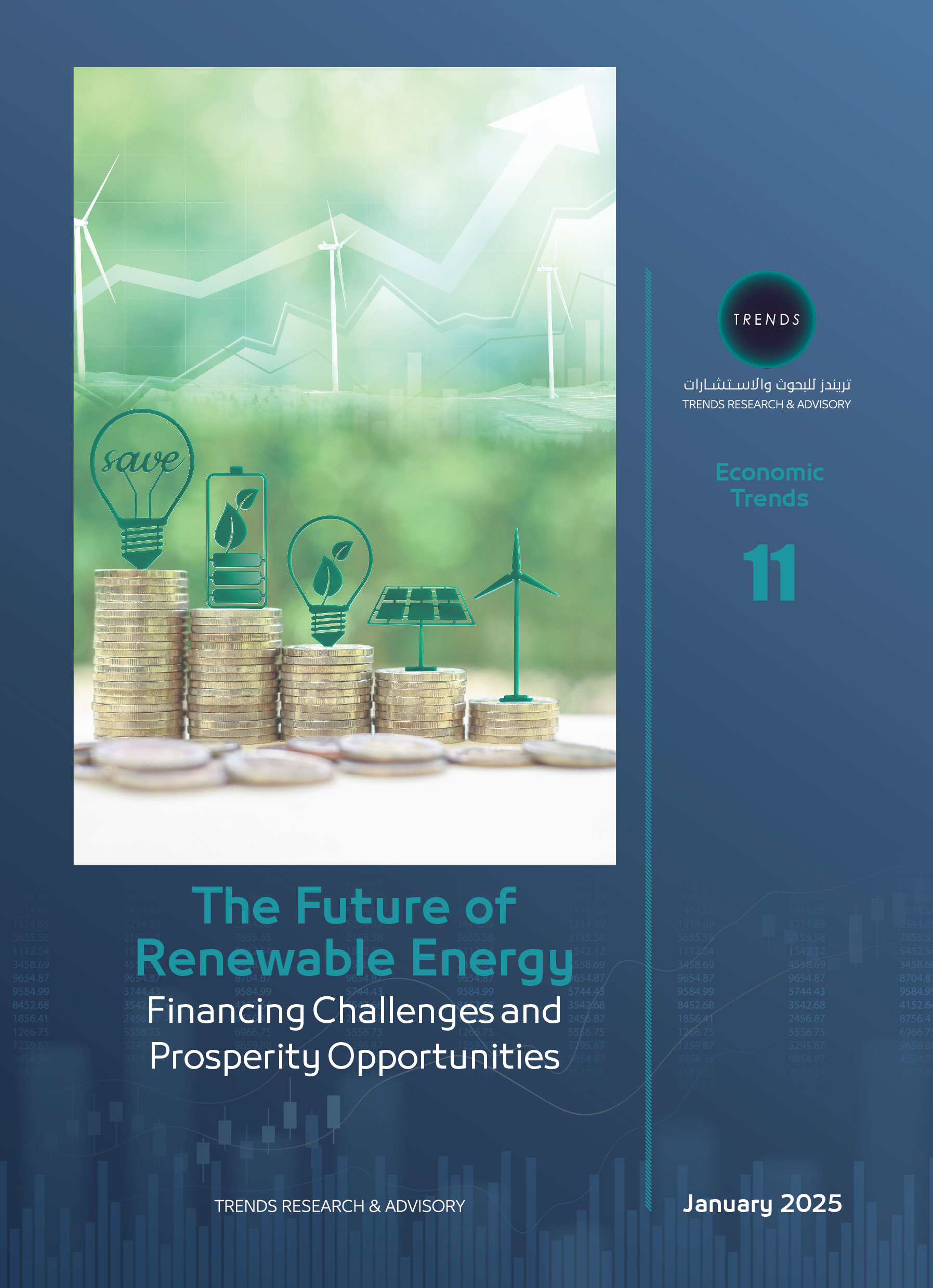Energy plays a crucial role in the economy and life of every community. Major urban centers are particularly vulnerable to disruption of energy services. During the 20th century, advancements were made through the implementation of an abundant, flexible, and relatively affordable energy resource: oil. The use of fossil fuels has made it possible to meet the needs of the economy. However, the negative impact of fossil fuels on the environment has become a growing concern in recent years. Moreover, dependence on oil and natural gas imports represents a risk for future energy supplies. Furthermore, fossil fuels are the main source of CO2 emissions, and the problem of global warming is becoming particularly acute. This problem is exacerbated by the massive use of coal to generate electricity in emerging countries, particularly China. We therefore need to transition to an energy system that relies predominantly on non-fossil, low-carbon energy sources (nuclear and renewable).
The demand for energy is growing steadily to meet the needs of a world population whose standard of living is rising. In 1970, the world’s population was 3.7 billion, and primary energy consumption was 5 Gtoe,1 or 1.35 toe per inhabitant per year. In 2009, for a world population of 6.7 billion, it stood at 12.1 Gtoe, or 1.83 toe per inhabitant per year. By 2030, it is expected to reach around 2 toe per inhabitant per year, for a world population close to 8.2 billion and global primary energy consumption of around 16.4 Gtoe.
Today, the primary energy supply is essentially based on fossil fuels, which account for 81% of the primary energy consumed on the planet. This share has changed little in recent years. The IEA foresees the possibility of lowering this share to 75% by 2035.
In view of the continuing growth in energy demand in emerging countries, it does not seem possible to maintain indefinitely an increase in the supply of fossil fuels, the resources of which are, by definition, finite. However, these resources will not be exhausted in the short term. Proven oil reserves represent around 54 years of consumption at current rates, natural gas reserves around 64 years, and coal reserves 112 years.




